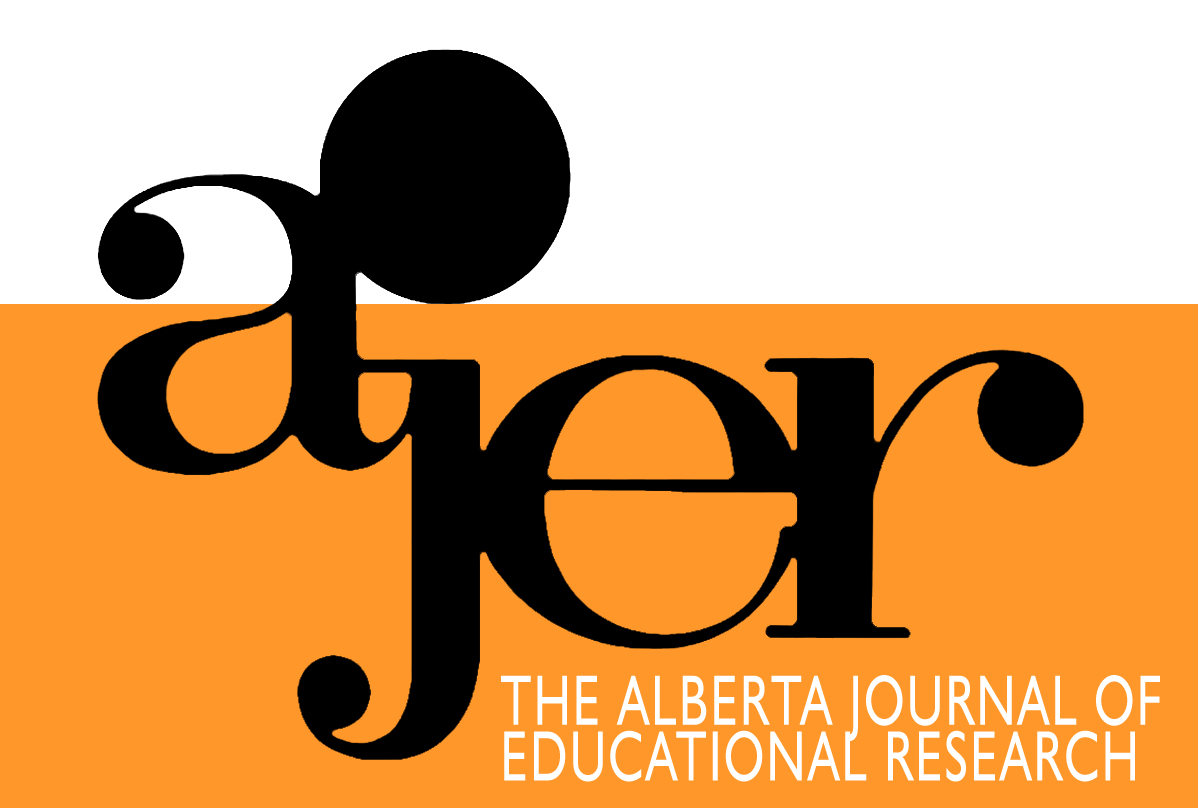Intercultural Communicative Competence: Beliefs and Practices of Adult English as a Second Language Instructors
DOI:
https://doi.org/10.55016/ojs/ajer.v60i1.55810Keywords:
intercultural communicative competence, ESL, pedagogy, Mots clés, compétence communicative interculturelle, ALS, pédagogieAbstract
Effective and appropriate communication is critical for the successful integration of newcomers in Canada. In this paper, we describe the intercultural communicative competence beliefs and practices of 70 adult English as a second language (ESL) instructors. Responses to an online survey indicated a strong belief in the value of integrating intercultural communicative competence into their instruction; however, instructors’ reported classroom practices revealed that culture was addressed in varying degrees and that intercultural communicative competence was not systematically developed. Findings suggest that enhanced instructor education, appropriate materials development, and research investigating the effective pedagogical development of intercultural communicative competence in the language learning classroom are needed.
La communication efficace et appropriée est critique pour une intégration réussie des nouveaux arrivants au Canada. Dans cet article, nous décrivons les croyances et les pratiques relatives à la compétence communicative interculturelle de 70 enseignants d’anglais langue seconde aux adultes. D’après leurs réponses à un sondage en ligne, les enseignants croient fermement en la valeur de l’intégration de la compétence communicative interculturelle dans leur pédagogie; toutefois, les commentaires des enseignants portant sur leur pratiques en salle de classe indiquent qu’ils traitent la culture à des degrés variables et qu’ils ne développent pas de la compétence communicative interculturelle systématiquement. Les résultats portent à croire qu’il faudrait offrir une formation accrue aux enseignants, développer du matériel approprié et entreprendre de la recherche traitant du développement efficace de la compétence communicative interculturelle dans les cours de langue.
Downloads
Published
Issue
Section
License
UNIVERSITY OF ALBERTA COPYRIGHT LICENSE AND PUBLICATION AGREEMENT
If accepted, authors will be asked to sign a copyright agreement with the following points:
A. Where there is any inconsistency between this Copyright License and Publication Agreement and any other document or agreement in relation to the same subject matter, the terms of this Agreement shall govern.
B. This document sets out the rights you are granting in relation to publication of your article, book review, or research note entitled (the “Article”) through inclusion in the academic journal titled Alberta Journal of Educational Research (the “Journal”) published through the Faculty of Education, representing the Governors of the University of Alberta (the “Journal Editor”).
C. There will be no payment to you for this publication and grant of rights. In consideration of the agreement to publish the Article in the Journal:
1. You are warranting that:
- the content of the Article is your original work, and its content does not contain any material infringing the copyright of others; or, where the Article is not entirely your original work, you have obtained all necessary permissions in writing to grant the rights you are giving in this agreement;
- the content of the Article does not contain any material that is defamatory of, or violates the privacy rights of, or discloses the confidential information of, any other person;
- the Article has not been published elsewhere in whole or in part, and you will not allow publication of the Article elsewhere without the consent of the Journal Editor;
- the names of all co-authors and contributors to the Article are:
2. You agree to license the copyright in the Article to the Journal Editor, on a worldwide, perpetual, royalty free basis; and to the extent required by the terms of this agreement. You shall retain the right at all times to be acknowledged as the/an author of the Article.
3. You further agree that the Journal Editor has the entitlement to deal with the Article as the Journal Editor sees fit, and including in the following manner;
- The right to print, publish, market, communicate and distribute the Article and the Journal, in this and any subsequent editions, in all media (including electronic media), in all languages, and in all territories, ing the full term of copyright, and including any form of the Article separated from the Journal, such as in a database, abstract, offprint, translation or otherwise, and to authorize third parties to do so;
- The right to register copyright of the Journal;
- The right to edit the Article, to conform to editorial policy as the Journal Editor sees fit.
4. If any co-author or contributor to the Article does not sign this agreement, the Journal Editor reserves the right to refuse to publish the Article.



